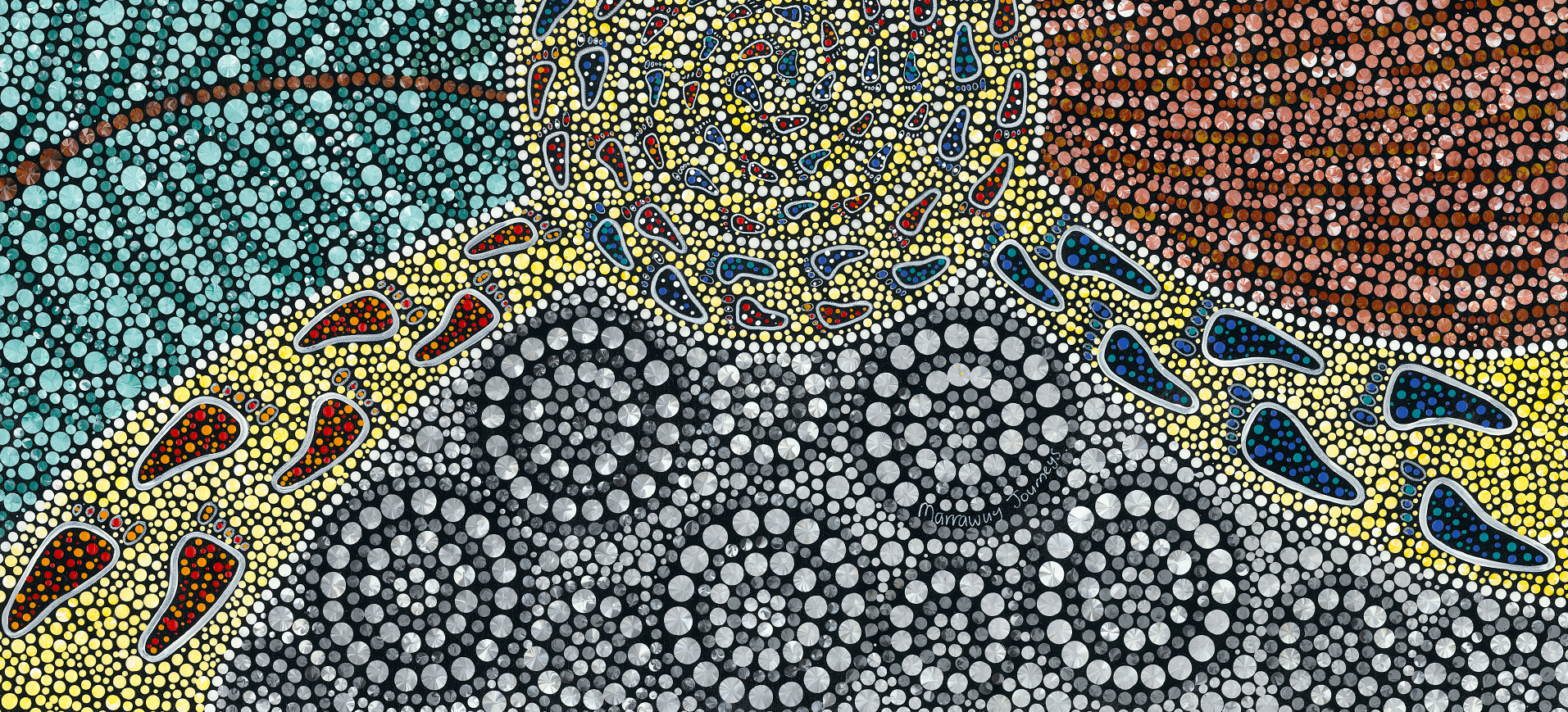The revised medical school standards have been approved by the Medical Board of Australia and endorsed by the Medical Council of New Zealand. These revised standards are in effect as of 1 January 2024.
The medical school standards review is now in its implementation phase.

Download the revised standards and initial implementation documents:
The standards set clear direction for social accountability, equity and cultural safety
The AMC Standards for Assessment and Accreditation of Primary Medical Programs (medical school standards) are in place to ensure that medical schools provide their graduates with the necessary knowledge, skills and behaviours to practise as doctors in Australia and Aotearoa New Zealand. This means ensuring that graduates understand the barriers to care and the particular needs of communities who face inequities.
“The standards are about ensuring that the institutions involved in producing doctors for the community, produce doctors that meet the needs of everyone in the community,” said the chair of the AMC Medical School Accreditation Committee, Professor Jane Dahlstrom. “It’s important that graduates have the knowledge, skills and behaviours to be responsive to and inclusive of diverse needs and experiences.”
One of the most significant changes to the medical school standards is a strong focus on cultural safety in all aspects of medical education.
In reviewing and developing the standards, the AMC followed a shared sovereignty process. A Sub Group established by the AMC Aboriginal and/or Torres Strait Islander and Māori Committee sought input from Aboriginal and/or Torres Strait Islander and Māori staff in medical schools through Yarning Circles and from Aboriginal and/or Torres Strait Islander and Māori health peak bodies through targeted consultation.
The result is a set of standards in which Aboriginal and/or Torres Strait Islander and Māori expertise is deeply embedded. The voices of Aboriginal and/or Torres Strait Islander and Māori people are reflected in the language about cultural safety and Aboriginal and/or Torres Strait Islander and Māori health and wellbeing.
“The new standards provide further clarity and direction for medical schools on the expectations of the AMC that will enable the advancement of Aboriginal and/or Torres Strait Islander and Māori medical education, the growth of the Aboriginal and/or Torres Strait Islander and Māori medical workforce, responsive medical education institutions, and producing culturally safe and responsive medical graduates,” said Professor Suzanne Pitama, Dean and Head of Campus, University of Otago, Christchurch and inaugural chair of the AMC Aboriginal and/or Torres Strait Islander and Māori Committee.
Throughout the review, medical students and other stakeholders were clear that graduates must be supported and equipped to manage their wellbeing and contribute to a positive culture of medicine if Australian and Aotearoa New Zealand communities are to have a strong and responsive workforce that meets their health needs. As a result, the revised standards also place a greater emphasis on student wellbeing.
“These standards promote support and flexibility for students from recruitment, through learning and assessment, to graduation,” said Alice Springs Hospital Junior Medical Officer and member of the AMC Standards Review Working Group, Dr Dayna Duncan. “The focus on wellbeing is part of the evolving culture of medicine, which will ensure a sustainable and robust workforce for years to come.”
Implementing the revised standards
The AMC will continue to provide guidance and templates to support medical schools to engage with the revised standards.
All medical schools will provide a self-assessment and reflection against the standards in 2024. Medical student societies will also be invited to share their views.

